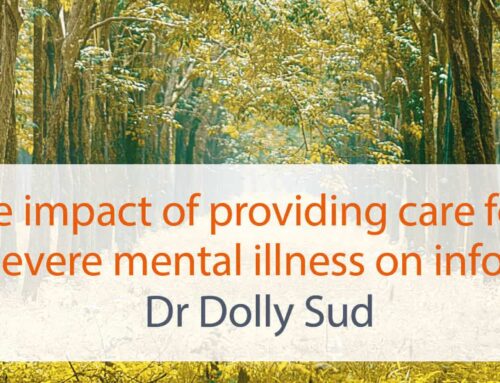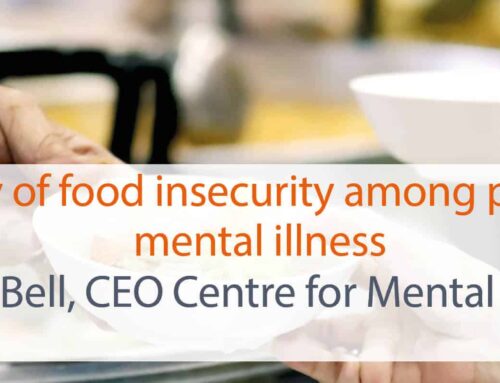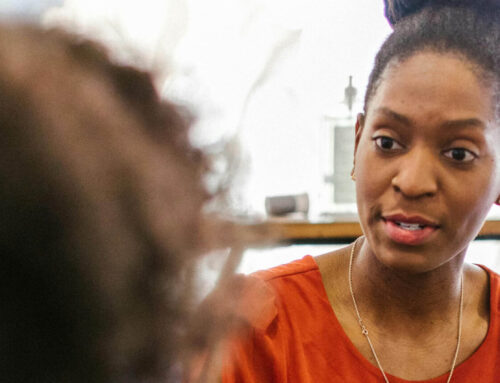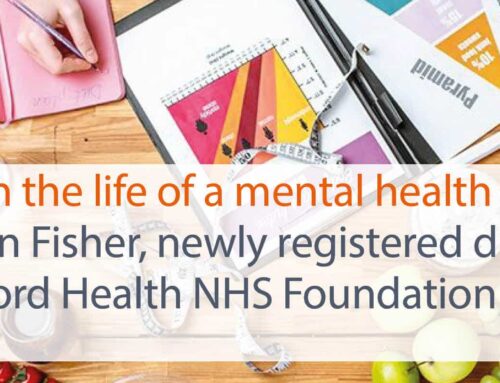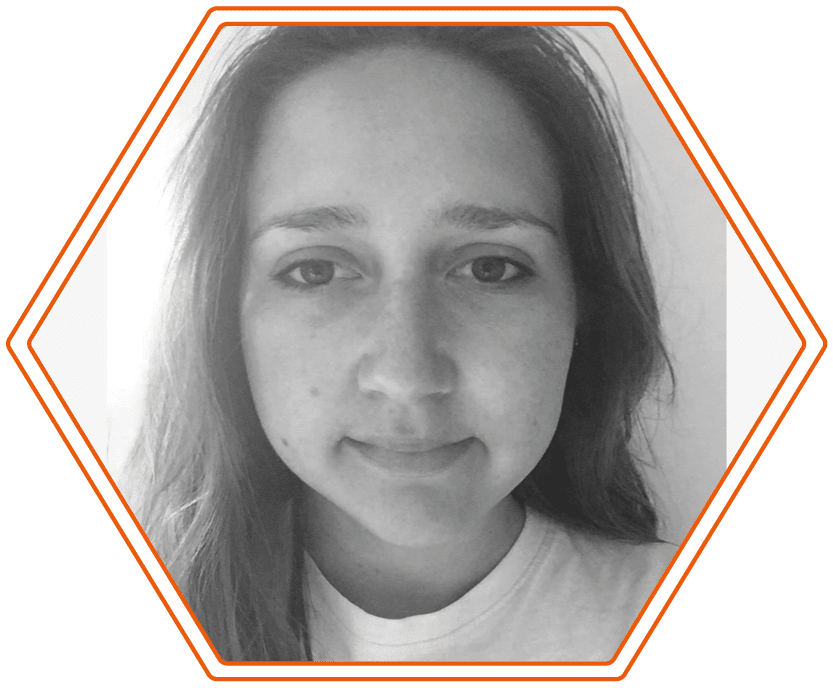
Gaby Hasham, Senior Project Officer, Rethink Mental Illness
The Joint Committee on Vaccination and Immunisation (JCVI) has placed people with severe mental illness (defined in this case as “individuals with schizophrenia or bipolar disorder, or any mental illness that causes severe functional impairment”) in priority group 6 to receive the vaccine. Under current plans, this means that people with living with severe mental illness (SMI) should begin receiving the first dose of the vaccine very soon.
Rethink Mental Illness created a COVID-19 vaccine advice page to support people with SMI, and it became our most viewed page in January. This prompted us to create a survey to find out more about how people with SMI felt about being in a priority group for the vaccine, if they planned on getting it and what the barriers and enablers were to this.
We had almost 400 people with SMI and their carers respond to the survey. The survey found that:
Encouragingly, three quarters (75.4%) of respondents said they were certain (62.2%) or very likely (13.2%) to get the vaccine. Only 6.2% were certain not (3.6%) or very unlikely (2.6%) to.
- Key motivational factors for getting vaccinated included: to protect their own health (77.5%), to protect people they know by not passing the virus on (73.6%), and to play their part in controlling the pandemic (69.7%).
- Concerns about side effects (41%) and medical risks (36%) stood out as factors respondents said would make them less likely to get the vaccine.
- Less than half (46.9%) of respondents were sure that they would be able to travel to a vaccination centre on their own. Concerns that mental health would make it hard to get to a vaccination centre were cited by over a third (39.2%) of respondents.
- 15.2% of people said that they did not like the idea of an unfamiliar medical professional administering the vaccine and 12.4% said they were scared of needles.
- Around a third (31%) said that they struggle to keep on top of letters and emails meaning that they may miss the information about the appointment, particularly as appointments are needed to receive both doses.
The recommendations, supported by Equally Well UK, were as follows. We are very pleased that many of these have already been implemented and have influenced the roll out of the vaccine for people with SMI:
- Information and communication: DHSC or NHSE/I could work with groups of experts by experience to co-produce an information sheet aimed at people with SMI and carers outlining who is eligible, the evidence around efficacy, safety and side effects, including on how the vaccine interacts with existing medications, if at all.
- Communication channels to reach people with SMI could include GPs, Royal Colleges, mental health professionals and the VCSE sector. 77.6% of people told us that they trusted GPs to provide them with information about the vaccine and 46.7% told us they trusted charitable organisations such as Rethink Mental Illness or Equally Well.
- Guidance to the NHS: Clear guidance on who is eligible for the vaccine should be shared with health professionals, in particular to highlight the expanded definition of SMI, and that it is wider than the GP SMI register. This guidance should also outline the need for outreach for those who do not respond to invitations and advice on how to enable culturally aware and psychologically safe discussions about the vaccine.
- Outreach funding: We strongly support the extension of the outreach funding to sustainability and transformation partnerships (STPs) into the financial year 2021/2. Part of this funding will be important to go towards the following to increase vaccination take up:
- Primary care must follow up with people who have received an invite for a vaccination but not taken it up, to understand what the barriers are and if they can help overcome them e.g. booking transport or re-booking an appointment closer to home.
- GPs will need to provide opportunities for some people with SMI to receive the vaccine in their own home, as is happening with other groups.


